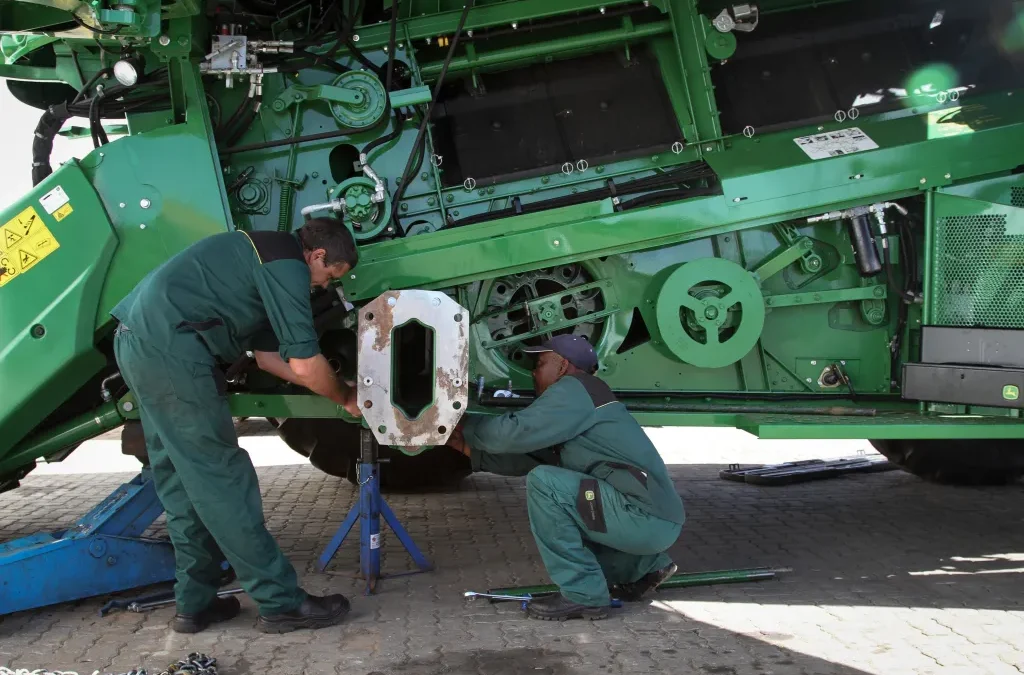John Deere, a leading manufacturer of agricultural equipment, has long been criticized for making its modern machinery nearly impossible to repair without going through its authorized dealerships. This practice has effectively created a repair monopoly, inflating costs for farmers and stifling competition.
The Core of the Issue
At the heart of the controversy is Deere’s proprietary software, particularly the Service ADVISOR tool, which is essential for diagnosing and calibrating equipment. Access to this software is restricted to authorized dealers, preventing farmers and independent repair providers from servicing the equipment themselves. This restriction has led to increased repair costs and delays, as farmers are forced to rely on Deere’s network for maintenance and repairs.
Legal Actions and Allegations
In January 2025, the Federal Trade Commission (FTC), along with the attorneys general of Illinois and Minnesota, filed an antitrust lawsuit against Deere & Company. The lawsuit alleges that Deere’s repair policies violate federal and state antitrust laws by unlawfully acquiring and maintaining monopoly power in the market for certain repair services for Deere agricultural equipment. The FTC seeks to compel Deere to make its repair tools and resources available to equipment owners and independent repair providers.
Deere’s Defense
Deere has denied the allegations, asserting that it does not operate in the repair services market and that the lawsuit lacks legal foundation. The company also questioned the constitutionality of the FTC’s structure, though the judge found this argument unsubstantiated.
Broader Implications
This case highlights the growing tension between manufacturers’ control over repair processes and consumers’ right to repair. Advocates argue that such restrictive practices not only increase costs but also hinder innovation and competition in the repair industry.
Importantly, higher repair costs for agricultural equipment don’t just hit farmers—they ultimately affect consumers. When farmers spend more maintaining tractors and harvesters, those increased operational costs can ripple through the supply chain, contributing to higher food prices. This makes Deere’s repair monopoly not just a farming issue, but a broader economic concern with potential impacts on food affordability.
As the legal proceedings continue, the farming community and repair advocates are closely watching, hoping for a resolution that ensures fair access to repair resources and promotes a more competitive and affordable repair market.


This is a real victory for accessibility and dignity. No one should have to wait months to fix essential mobility…
Throwing away millions of working PCs isn’t innovation, it’s waste. Microsoft needs to rethink its upgrade strategy.
I understand companies want recurring revenue, but pushing ads on high-end appliances feels like crossing a line. Customers paying premium…